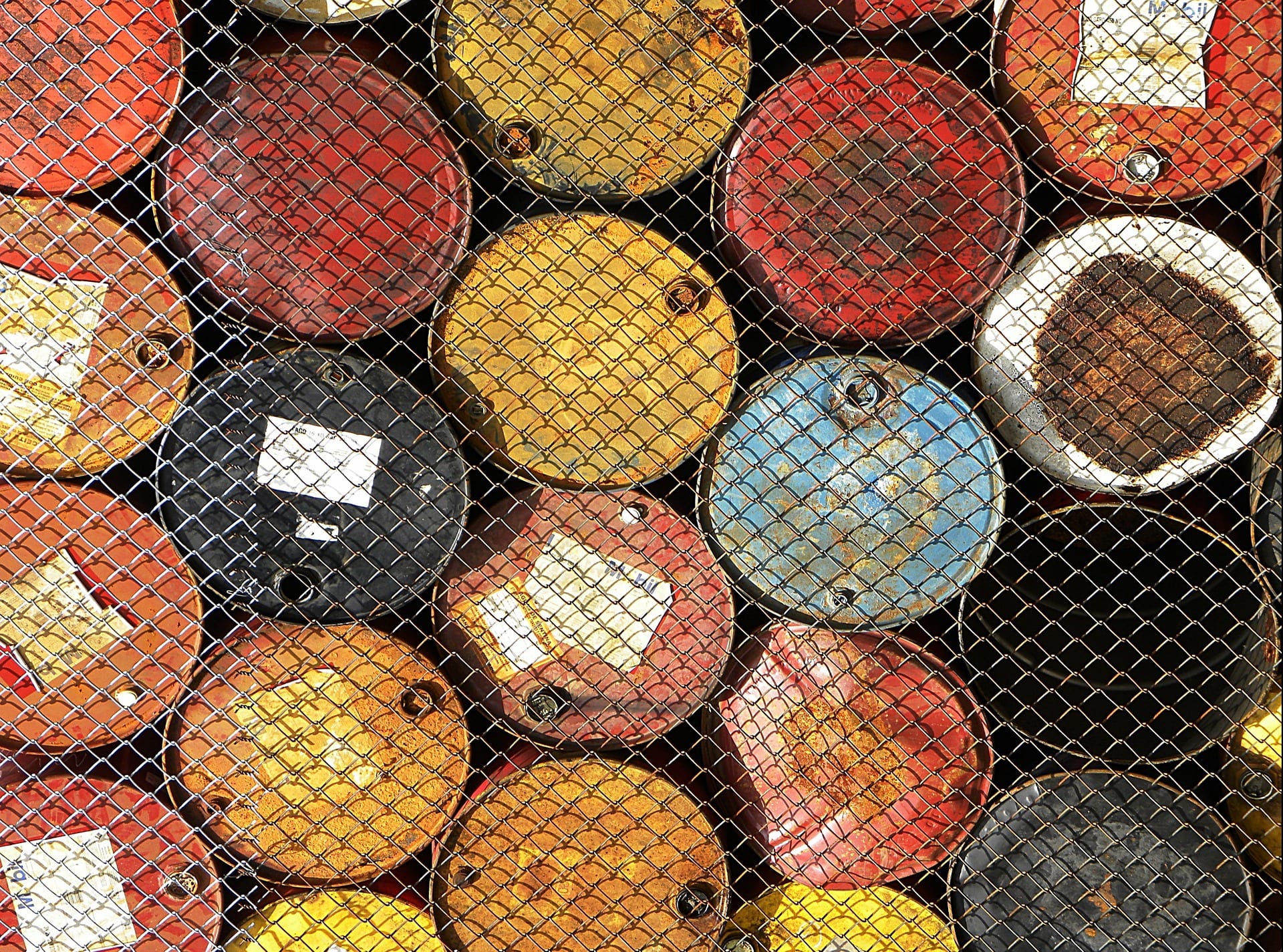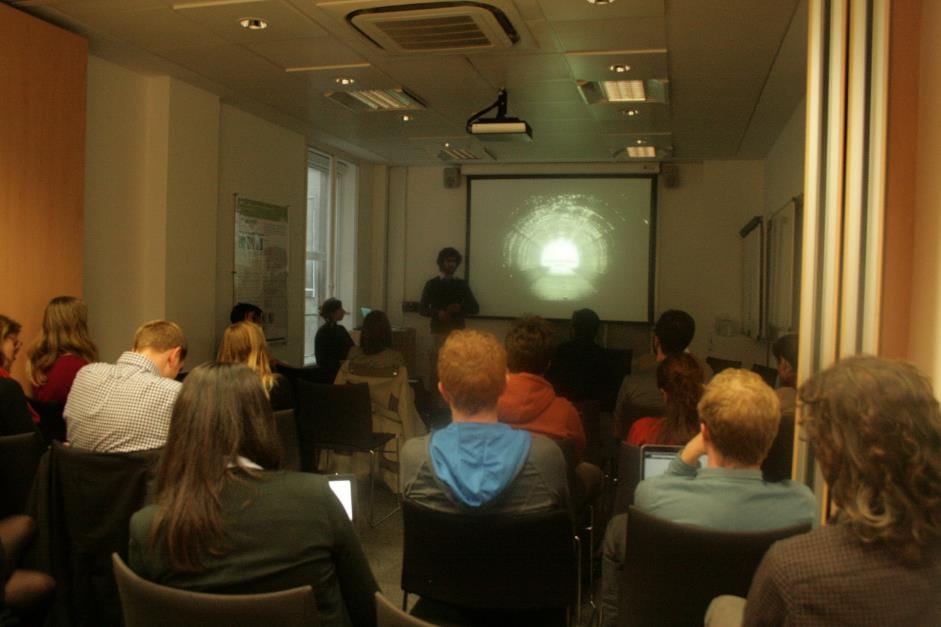RIP DECC – but will we miss you?
By ucqbpsm, on 15 July 2016
So after 8 years the DECC experiment is over. The immediate reaction is mixed with some saying that climate policy has been diluted. Others say that linking climate and industry policy is a sensible approach. Who is right?
On energy efficiency, I’m optimistic. In DECC, energy efficiency was isolated in Whitehall. It needs to ride the waves of other policies and not compete with them. The strategic case for energy efficiency is compelling – but that is better done by a department of business and not a department of carbon.
This is particularly true now we are to have an industrial strategy. Productivity, competitiveness, risk, cost and value are all pivotal industrial drivers, and they are all key selling points for energy efficiency. It should have a chapter of its own.
I think the same applies to energy efficiency in homes. The reason why the Green Deal was such a disaster was that the “business case” for us as householders never worked. But more importantly selling energy efficiency to us is – or should be – a business proposition.
And finally I don’t buy the assertion that energy efficiency will get buried. In 1992, we rescued energy efficiency from the old DTI because it wasn’t safe in the hands of neoclassical DTI economists. But now we have the Climate Change Act and, so far, no-one is trying to unpick that.
So far.
photo credit: iStock
 Close
Close











